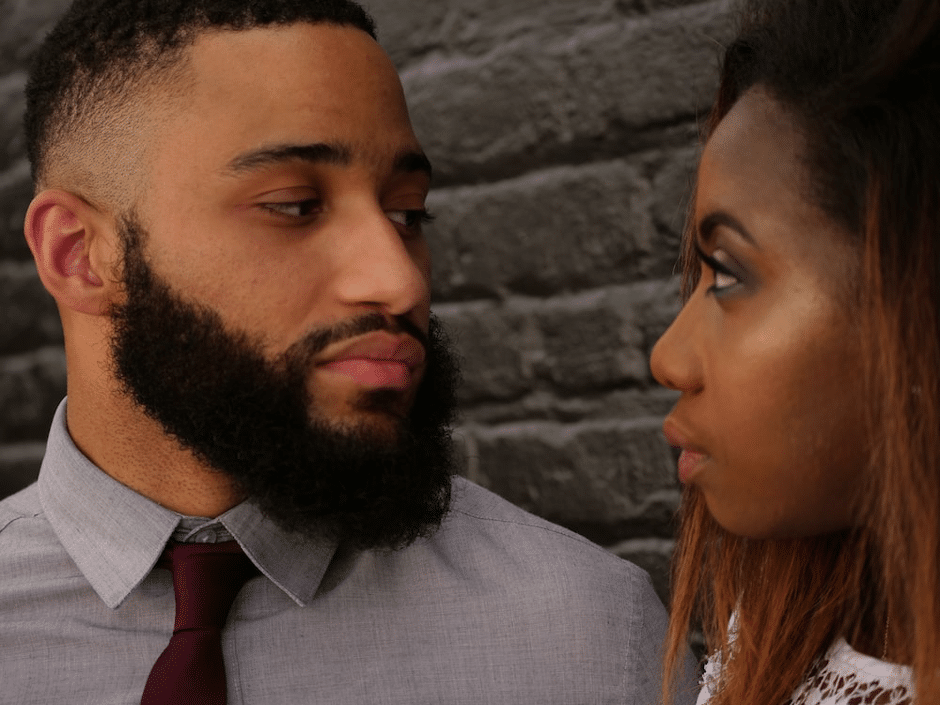Hear the phrase ‘toxic relationship’ and what jumps to mind? The latest psychological horror film you watched? A story on the news about a family-hostage situation? What’s the chance that you’re currently in such a relationship?
We’re not here to scare you, but many people who see a psychologist Byron Bay based or elsewhere in Australia for relationship advice have startling realisations once they talk about their home-life. Toxic relationships come in many different forms and affect your life in multiple ways and you may not even be aware of it!
Or perhaps you’re trapped in a toxic relationship and you’re wondering if anyone understands and who can help?
Luckily, thanks to better understanding of human psychology and personal relationships, professional therapists are able to assist—even in very complicated situations.
Browse below and discover valuable insight to benefit you and your partner.
What is a Toxic Relationship?
One way to define a toxic relationship is one that generally leaves you feeling unhappy and drained. Do you notice one or more of the following in your yours on a regular basis?
- One partner not respecting the other
- Need to control a partner
- Manipulating another’s actions by making them feel guilty or afraid
- Jealousy playing out regularly
- Little or no support between partners
- Regular criticism
- Being dishonest
- Codependent relationship where your own feelings of self-worth are closely linked to your partner, rather than finding fulfilment in yourself
- A general vibe of negativity
- Passive aggressiveness
- Abuse, either in physical or verbal form
- Interaction with your partner leads to low self-esteem
In a Toxic Relationship—Should You Run?
Reading the list above you may recognise more characteristics than you thought you would. Now, what? Should you pack up and leave?
Not necessarily.
Many situations have potential to improve, as long as both parties can recognise there’s a problem and they’re willing to work together to fix it.
Sometimes, one person is responsible and it’s important to protect yourself from such individuals. However, at other times the situation depends on both individuals’ choices, not only one party. For example, while one person may manipulate, the other has the option of identifying the problem and no longer allowing it to continue.
When both parties work on improving themselves and breaking bad habits, you can have the relationship you dream of—one where both feel safe and cared for without being overly dependent on each other.
However, breaking your old ways may not be easy. Partnering with a professional gives you a better chance at creating a healthy home environment and attain results much faster.
3 Ways Counselling can Help Your Toxic Relationship
For some clarity on what you can expect when signing up for therapy, here are ways your counsellor can help you turn around your toxic relationship.
Understand Your Behaviour
The reasons behind creating a toxic relationship aren’t necessarily to hurt the other party. Often, your actions towards each other are your ways of coping with other challenges in life.
For example, when your work environment becomes very stressful and you can’t change it, you may lash out at your partner. You start manipulating, simply to experience having some control in your life.
Also, the person being manipulated must understand why he or she is allowing it to happen. Is it time to stand up for yourself and use therapy to improve your self-esteem?
During counselling, both of you must be open to recognise your strengths, admit your weaknesses, and take responsibility for your role in creating the situation.
Both Partners Get a Guide Towards Change
From an objective point of view, a therapist can identify what each person requires to grow and benefit the relationship. For this reason, there may be couples therapy as well as individual sessions.
Discover Better Coping Mechanisms
After identifying the problem, you can start changing them by setting a new standard. This may include:
- Setting boundaries
- Managing both partners’ expectations
- Learning communication skills
Many couples require professional help to successfully navigate this brand-new scenario.
Tips When Dealing with a Toxic Relationship
Understand that you’re in for a difficult journey if you want to turn a toxic environment into a relationship where both parties can flourish. It will require hard work, but the following tips can help you get there in the end:
- Make sure both parties are completely committed to attending couples counselling Byron Bay and other areas’ professionals provide. You must be open to taking advice and working towards change. Without your partner’s buy-in there’s almost no use in hoping for change.
- Both parties must be willing to admit their mistakes. Do not go into counselling with the expectations that your partner is the only source of the problem!
- Make sure the therapist you pick is experienced in handling this type of relationship counselling.
Last Thoughts: Life After a Toxic Relationship
Reading this you may realise there’s a likelihood that you’ll need to exit your relationship rather than expecting it to change? It can be difficult at first. Understand the value of counselling to help you learn new habits and get used to living independently from your partner.


